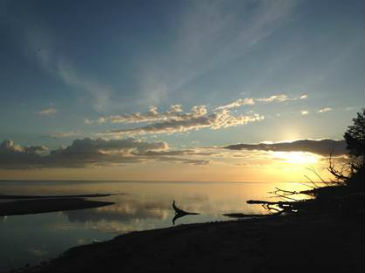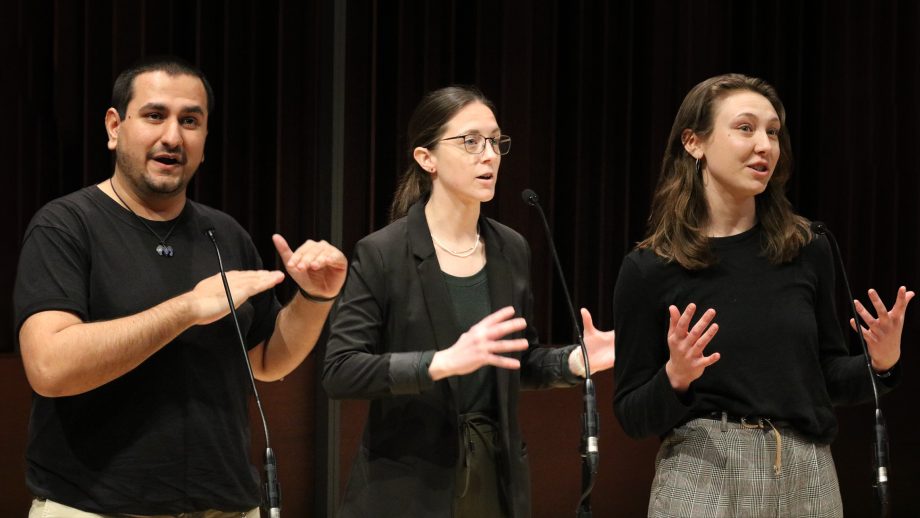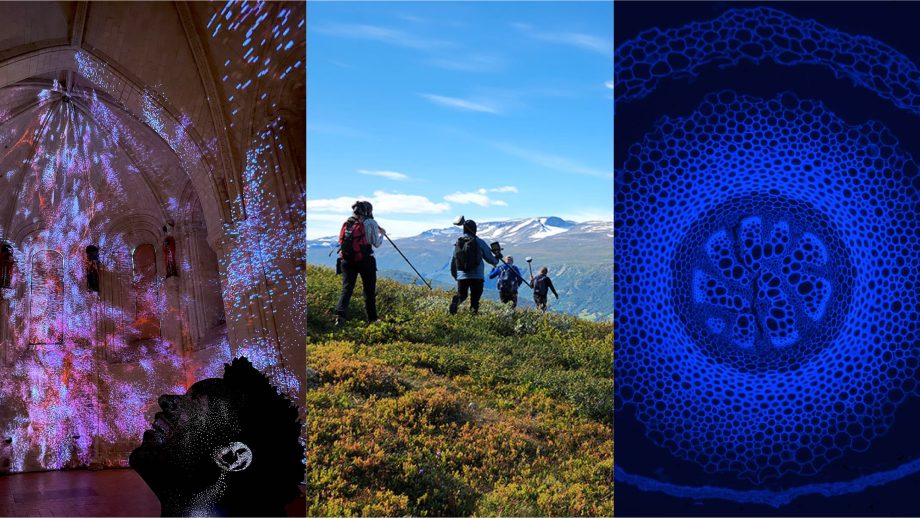Group calls for creation of Manitoba Great Lakes Research Consortium
WINNIPEG, MB – Lake Manitoba and its watershed face environmental pressures including regulation of water levels, land-use and climate change. Yet there are substantial gaps in scientific knowledge about Lake Manitoba, which limits our ability to make informed management decisions. A new report released today hopes to alleviate that.
In December 2015, a science workshop held at the University of Winnipeg was attended by 34 participants from universities, governmental and non-governmental organizations, each with expertise in one of four theme areas: Water Levels & Regulation; Watershed Management & Landscape Processes; Water Quality; and Ecology & Wetlands. The report entitled Lake Manitoba and its Watershed: Knowledge Gaps & Next Steps summarizes the findings and recommendations of the workshop, and can be used to help guide research priorities into the future.
Two major themes emerged: First, there are critical data gaps which must be filled before progress can be made on understanding ecosystem functioning. These gaps include physical data, water quality data and ecological data. Much of the monitoring that takes place occurs along the edges of the lake during the open water season, resulting in large gaps in our understanding of processes occurring in the middle of the lake or during the winter. Without filling these critical data gaps, scientific understanding of the system is incomplete and we are limited in our ability to make recommendations to resource managers and stakeholders. The second theme that emerged is the need to coordinate research activities across disciplines and agencies. Lake Manitoba and its watershed are complex ecosystems which are connected to the landscape and other water bodies, including Lake Winnipeg and Lake Winnipegosis. The group proposes creation of a Manitoba Great Lakes Research Consortium to coordinate and disseminate research across Manitoba’s Great Lakes. Such an organization could also make data collected from Lake Manitoba and connected ecosystems accessible to researchers and stakeholders.
“This report summarizes the best scientific knowledge about the threats to the Lake Manitoba ecosystem,” said workshop organizer, Dr. Nora Casson, Assistant Professor (Geography), UWinnipeg. “The health of our lakes matters to Manitobans. Our lakes support commercial fishing, Indigenous people, cottagers, and an agricultural community. We hope our work can be used as a blueprint by researchers, government officials and funding agencies to guide future research directions and inform policy and management of the lake and its watershed.”
For the gaps that were identified as the most pressing, workshop participants outlined action plans including identifying collaborators, potential sources of funding and timelines to achieve these goals.
Access the complete Lake Manitoba Workshop Final Report
MEDIA CONTACT
Diane Poulin, Senior Communications Specialist, The University of Winnipeg
P: 204.988.7135, E: d.poulin@uwinnipeg.ca






